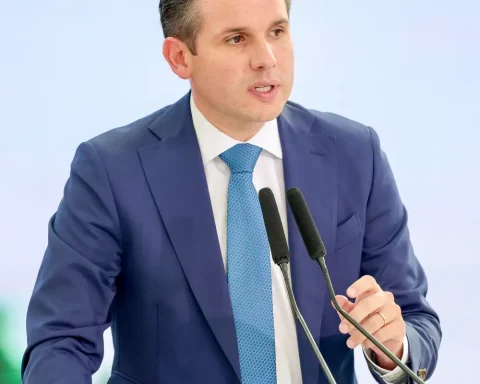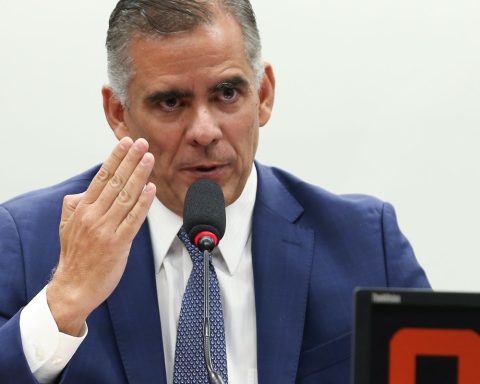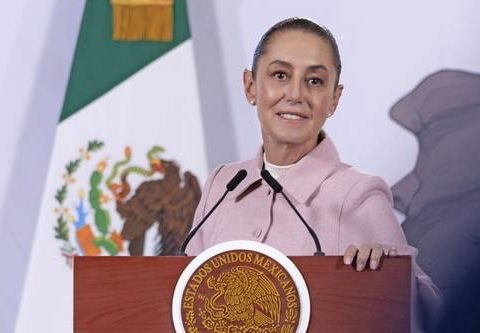Until the end of the year, the National Treasury will receive a reinforcement to amortize the public debt. The National Bank for Economic and Social Development (BNDES) will return R$45 billion to the Treasury by November 30th. In 2023, until the same date, the bank will reimburse the remaining BRL 24.078 billion in debt.
The calendar was approved today (25) by the BNDES’ Administrative Council, in compliance with the conditions defined by the Federal Audit Court (TCU), closed in January 2021 and revised in December last year. Under the ruling, government bonds and Treasury financial instruments held by BNDES must be returned as long as they do not harm the stability of the financial institution.
According to the schedule, the BNDES kept open the possibility of possible extra payments, whenever the available cash resources are above the minimum prudential capital (capital necessary for the financial institution to operate without risk of bankruptcy) and other liquidity and capital indicators regulatory.
BNDES also assumed the commitment not to use resources from the Worker Support Fund (FAT), not to raise funds to amortize liabilities, preserve solidity and financial-equity balance, ensure the development of its activities and maintain the capital above the minimum managerial and regulatory limits.
From 2008 to 2014, BNDES received R$440.8 billion in government bonds and hybrid debt and equity instruments. The funds reinforced the financial institution’s capital to expand loans to companies, mainly in the former Investment Support Program (PSI), which involved special lines of credit to finance the purchase of machinery and equipment by companies and investments in research and innovation. . The remaining debt of BNDES with the Treasury is R$ 64.078 billion.
The funds to be returned will not affect the Union’s primary result, and cannot be used to pay current expenditures (maintenance of the public machine) and federal investments. Public bonds and financial instruments will enter as financial income, helping to amortize the Union’s public debt and improve the golden rule, which determines that the government can only issue public debt bonds to fund investments and to refinance its own indebtedness.

















